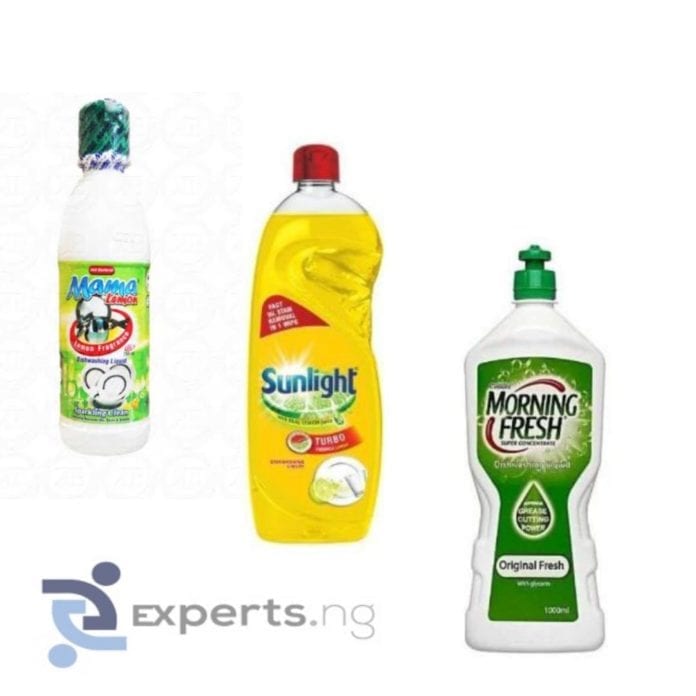Branding is how people see your business.
It’s the first step to gaining visibility. As usual, the first thing that comes to mind is a business name and logo and every physical object that can be associated with a brand.
The goal of branding is to create an image in the mind of its audience. It relies on the mechanics of human psychology and how it forms memories through sensory perception.
The key to creating a formidable brand for your business lies in understanding the buyer psychology of your ideal client.
Contents
Why Branding Is Important
Branding helps your business stand out from competitors. It also helps keep customers loyal. You may ask how? Well, people don’t like change and this Havard paper states at least ten reasons why people resist change.
When customers get used to a particular colour and pattern for a product, they are likely to stay loyal, especially when the competition is different. For example, liquid dish soaps have been lemon green for a long time in the Nigerian market; it’s a standard. When mama lemon was introduced to the market, they made their green slightly brighter than morning fresh. Unilever created the soap brand called Sunlight and branded the colour yellow along with a sweet floral scent. When they created a line of dish washing soap, it came in yellow as well. However the yellow liquid was some tones different from the yellow pack of it’s detergent brand. Despite its audacious change in colour trend, Sunlight was quickly received because of its track record, and also, the tone of the yellow still fit in the lemon family.
Somehow lemon works on the buyer psychology of an average dish soap user. I once saw a pink dish soap — well, no, thank you!
Let’s talk of branding for startups.
Learn how this T-short store brands as a food themed bakery.
What’s Your Product?
Think of your product beyond its physical identity. Why did you make the product? Was it to bring comfort? To serve as an alternative product? Or simply for style and aesthetics? Always start with why?
Even if you’re selling a hair product, understand that the real product is identity, it’s confidence, it’s style. When people go out to look for a solution to tough hair, what they really want is a product that restores their confidence to tough hair issues.
See: Development Strategy for Small Businesses
Who is Your Competition?
Studying your competitors helps you to understand your market, its challenges and how the competition has approached it. Above all, you find holes within the market that you can leverage while building your brand.
Who is your audience?
Study your audience. Listen to them talk. Don’t try to sway their opinion. Conduct small surveys and listen to their complaints about similar brands.
What’s Your Story?
A story doesn’t have to be complex to leave an impact. Like I always say, the best stories are the ones we’ve lived. Humans have one superpower; they can detect life. If it’s true, they’ll know. If it’s a sales trick, they’ll know, and they won’t like it.
A cheap story for the sole aim of sales is like a wifi signal with no internet.
Picking a Name and Logo
A brand with a story will win any day. A story told creatively will win every time.
Blend all we’ve discussed, let it reflect in your design, and you are sure to have a memorable business brand.
Finally, let your product experience reflect what your brand promises.























